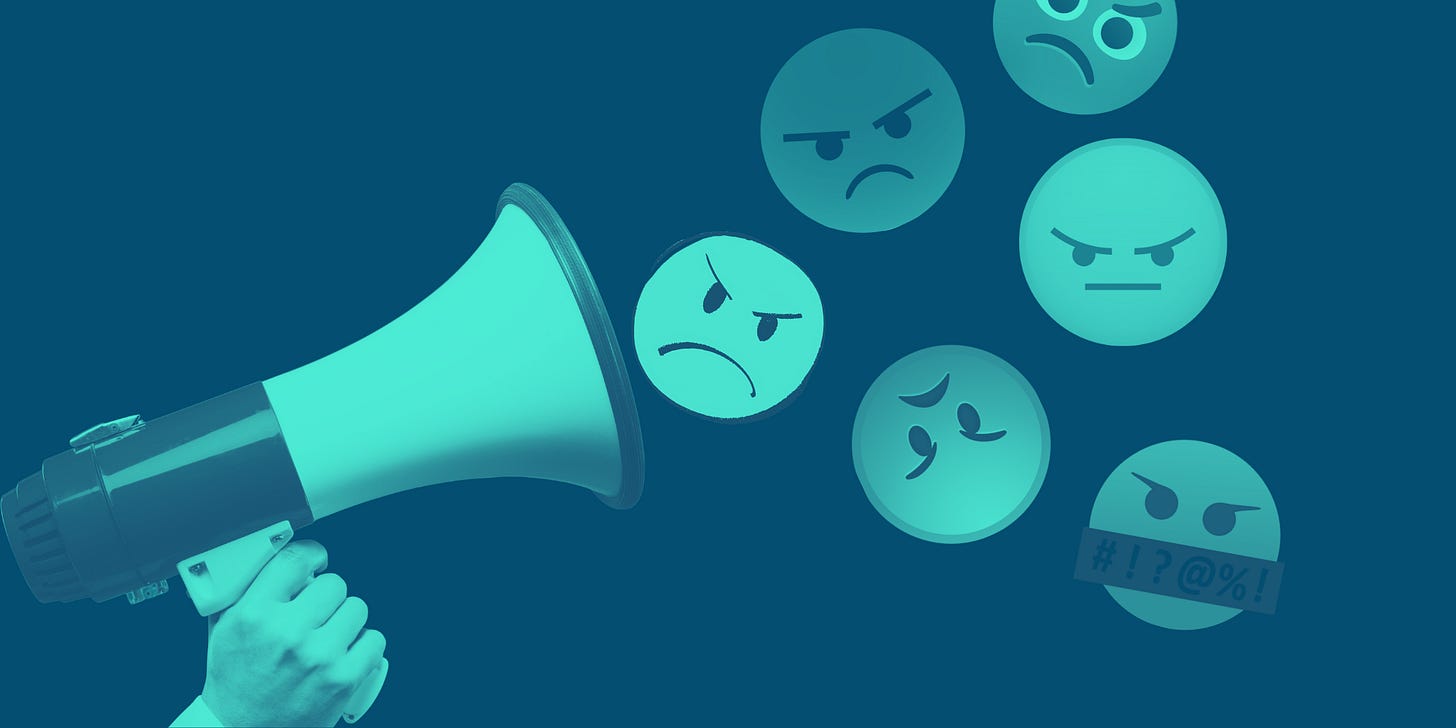The First Amendment Was Built for Moments Like This
Attorney General Pam Bondi's recent comments on hate speech highlight the danger of letting government decide which words cross the line.
At a time of deep partisan divides in the wake of last week’s horrific murder of Charlie Kirk, it was starting to seem like nothing would bring us together. That is, until a video of U.S. Attorney General Pam Bondi was posted online outlining her view of where lines should be drawn on First Amendment-protected speech.
On a podcast, Bondi said, “There’s free speech and then there’s hate speech,” and warned that her office would “go after” individuals engaging in the latter. When the clip was posted to social media, it was immediately ratioed by commentators from all sides, who rightly argued that hate speech is free speech under the First Amendment.
Regardless, it appears the administration is doubling down on its unconstitutional stance.
In a follow-up post, Bondi clarified that when hate speech “crosses the line into threats of violence,” it is not protected by the First Amendment and cited federal statutes that criminalize threats against individuals and public officials.
When asked about her comments, President Trump responded, “We’ll probably go after people like you because you treat me so unfairly,” referring to a reporter. “You have a lot of hate in your heart,” he added. “Maybe they’ll have to go after you.”
The idea that hate speech is unprotected has usually come from the other side of the political spectrum. But it’s critical, especially at a time like this, to understand that the instinct to punish speech because it feels hateful or unfair is precisely what the First Amendment was written to restrain. The Constitution does not require us to approve of hateful speech. It requires the government to stay out of the business of deciding what speech is allowed.
The Supreme Court has been clear on this point. In Snyder v. Phelps, the Court upheld the rights of protesters to express vile views at a military funeral. In Matal v. Tam, the Court unanimously struck down a federal trademark law that discriminated against “disparaging” words. Justice Alito, writing for the Court, said that “the proudest boast of our free speech tradition is that we protect the freedom to express ‘the thought we hate’”.
Let’s talk about when speech is actually unprotected. As established in Brandenburg v Ohio, speech intended and likely to provoke imminent violence or law-breaking is unprotected. For example, urging a mob to attack a minority group (for example, if a mob of Neo Nazis is urged to attack a Jewish synagogue) right now would not be protected. But advocating hateful ideas in general, or talking about violence in some abstract future sense, is protected, because the incitement exception is limited to immediate calls for unlawful action. Cheering for someone’s death, or saying that that person deserved to die, is also constitutionally protected speech. Statements meant to seriously frighten or intimidate someone with violence are not.
The line is drawn between merely offensive rhetoric and genuine threats of harm. If a speaker directs hateful words toward an individual or group in a way that a reasonable person would take as a serious intent to do violence, that crosses into unprotected territory. For example, a racial slur is protected, but if a Mafia boss says, “I’ll break your legs if you don’t keep quiet,” that’s a true threat.
These distinctions are very narrow and don’t give the government power to decide what speech is good and what speech is bad. If government officials are allowed to decide what counts as hate speech, then speech becomes a political weapon they can use to enforce their ideological preferences on Americans. What happens when a future administration claims that strong religious beliefs or criticism of public health policies amount to hate? The First Amendment exists precisely to prevent this kind of viewpoint-based enforcement.
Conservatives have long defended free speech as a check on government power. That commitment should not falter when the rhetoric becomes uncomfortable. Because if the government gains the power to prosecute disfavored viewpoints, there won’t be a neutral way to draw the line. Today’s hate speech prosecution is tomorrow’s speech code against your values.
Ashkhen Kazaryan is a Senior Legal Fellow at The Future of Free Speech, where she leads initiatives to protect free expression and shape policies that uphold the First Amendment in the digital age.




